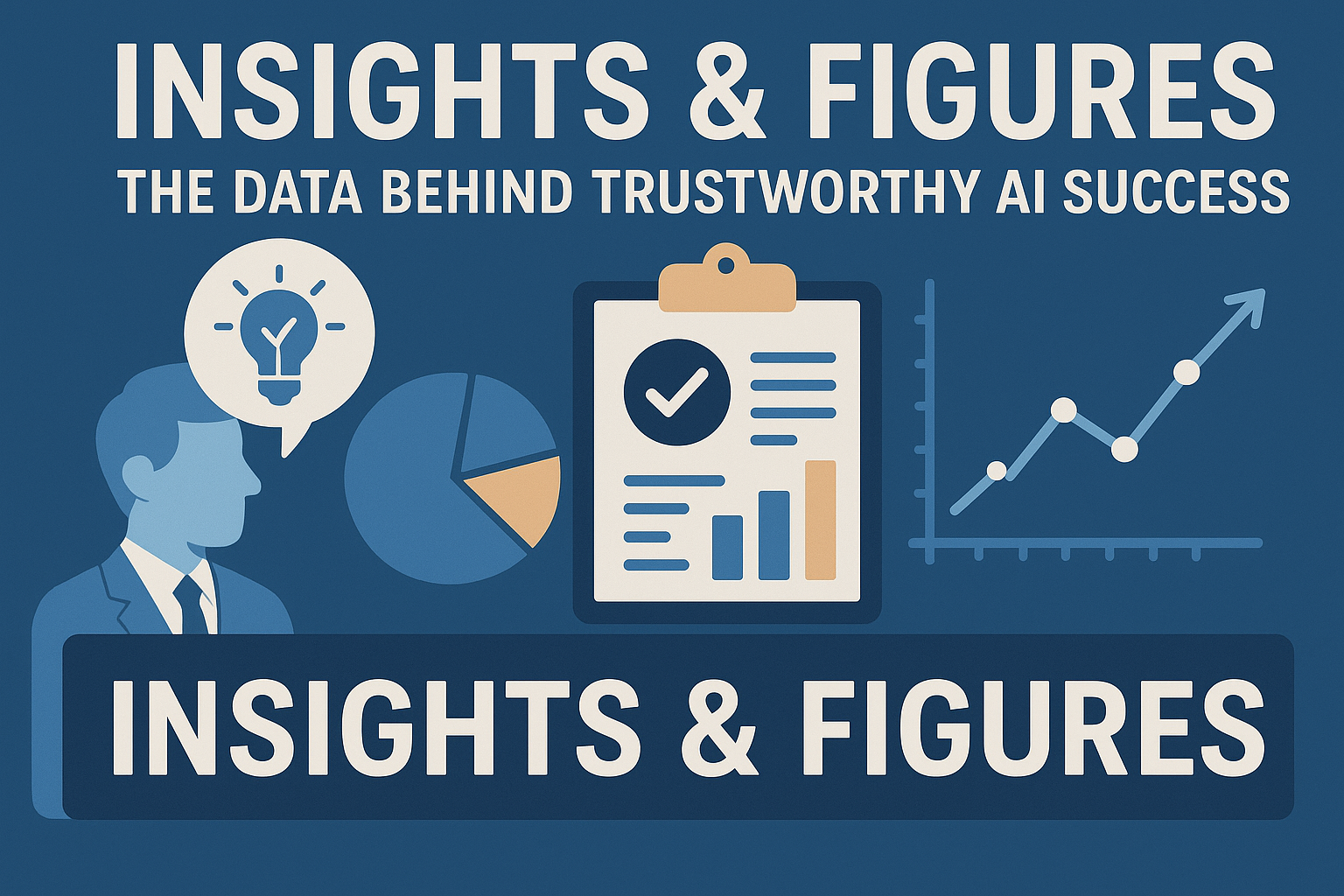In a world increasingly shaped by algorithms, trust is often spoken of as a moral imperative. But there’s another reason to build it into artificial intelligence systems from the ground up: it’s simply smart business.
Organizations that prioritize transparency, fairness, and accountability in their AI design are not just aligning with ethical best practices—they’re earning tangible rewards in user loyalty, market reputation, and long-term profitability. As users become more aware of how AI affects their lives, their expectations are shifting. They want systems that are not only intelligent but intelligible that don’t just work but work for them.
The data makes it clear: trust is no longer a soft metric—it’s a competitive edge.
Key Figures That Prove the Business Case for a Trustworthy AI
Metric | Insight | Source |
+24% higher user retention | Platforms that clearly explain how AI recommendations are generated enjoy significantly stronger engagement. | Nielsen Norman Group, 2022 |
63% of users | Said they would abandon an AI product they couldn’t understand or felt manipulated by. | Salesforce Ethical AI Index, 2023 |
80% of customers | Believe that ethical data use is a major driver of trust in AI systems—and a deciding factor in choosing one brand over another. | IBM Global AI Adoption Index, 2023 |
$2.6 trillion | Estimated global annual economic boost by 2030 through widespread adoption of trustworthy AI. | PwC Global AI Study |
These figures point to a growing consensus: ethical AI is not a trade-off, it’s a multiplier. Companies that fail to earn trust face not just reputational backlash but long-term user attrition, regulatory scrutiny, and missed market opportunities.
Designing for trust may require more effort, more foresight, and often, more courage. But the return on that investment is undeniable. Users are not just passive consumers; they are active participants in the AI ecosystems that increasingly govern their digital and physical lives. When people feel informed, respected, and empowered, they engage more deeply, share more openly, and stay more loyal.
In the AI age, trust isn’t just something you gain. It’s something you build—and something you can measure. For the organizations willing to do the hard work upfront, the payoff is not only ethical alignment but sustained business success.
Final Thought: Culture Builds Code
AI systems reflect the values of the people who design them. If you want trustworthy outputs, you need a culture that prioritizes transparency, user dignity, and ethical accountability from day one.
Trust isn’t something you add—it’s something you grow.
Unlock the Future of AI -
Free Download Inside.
Get instant access to HonestAI Magazine, packed with real-world insights, expert breakdowns, and actionable strategies to help you stay ahead in the AI revolution.



